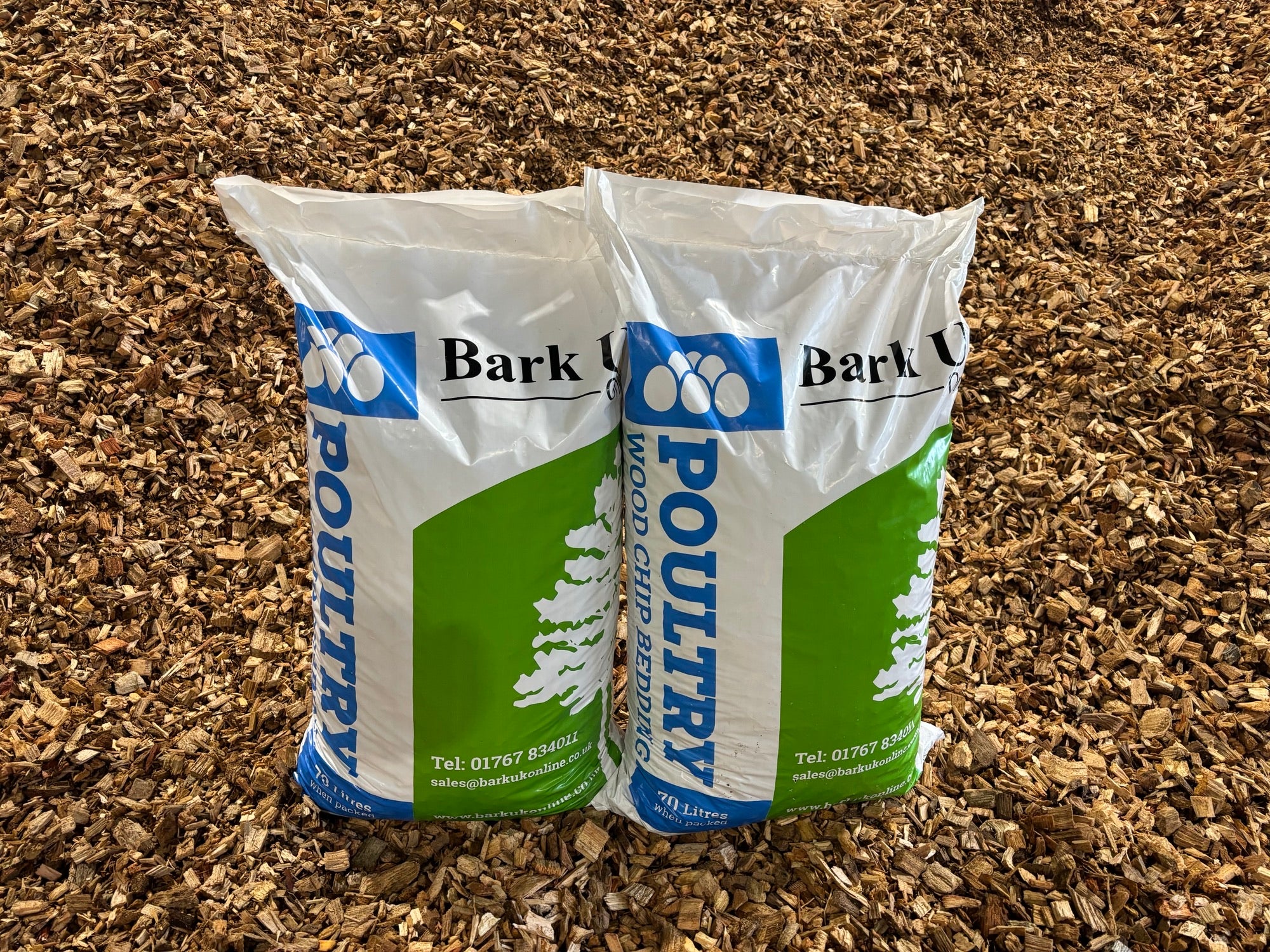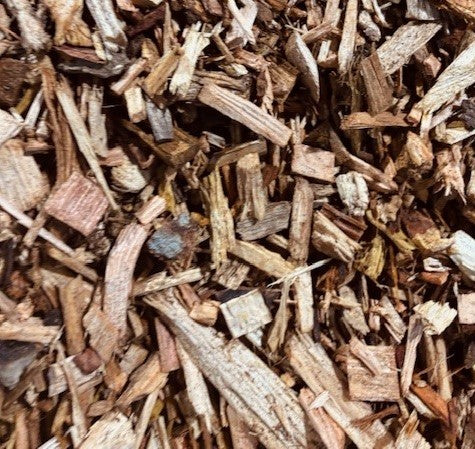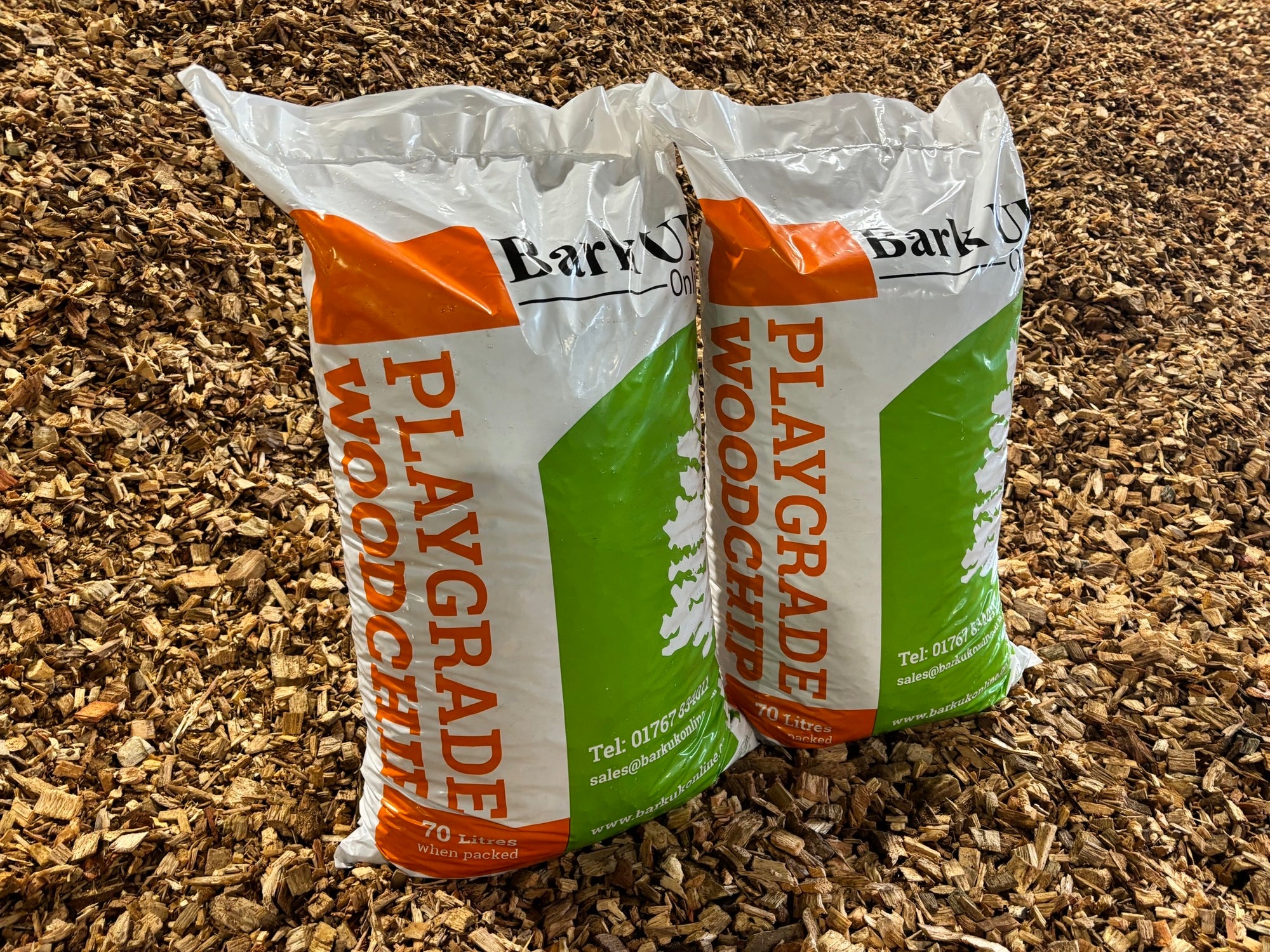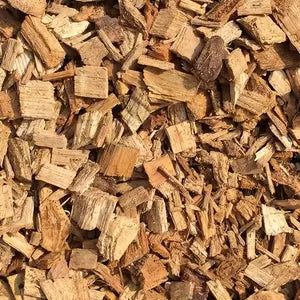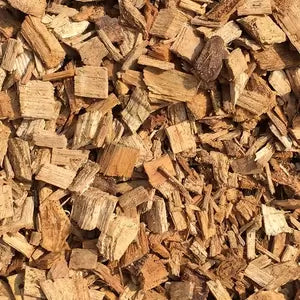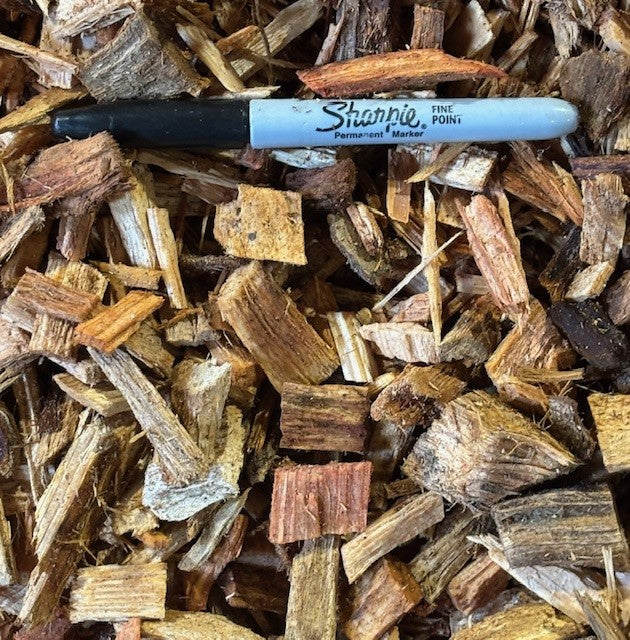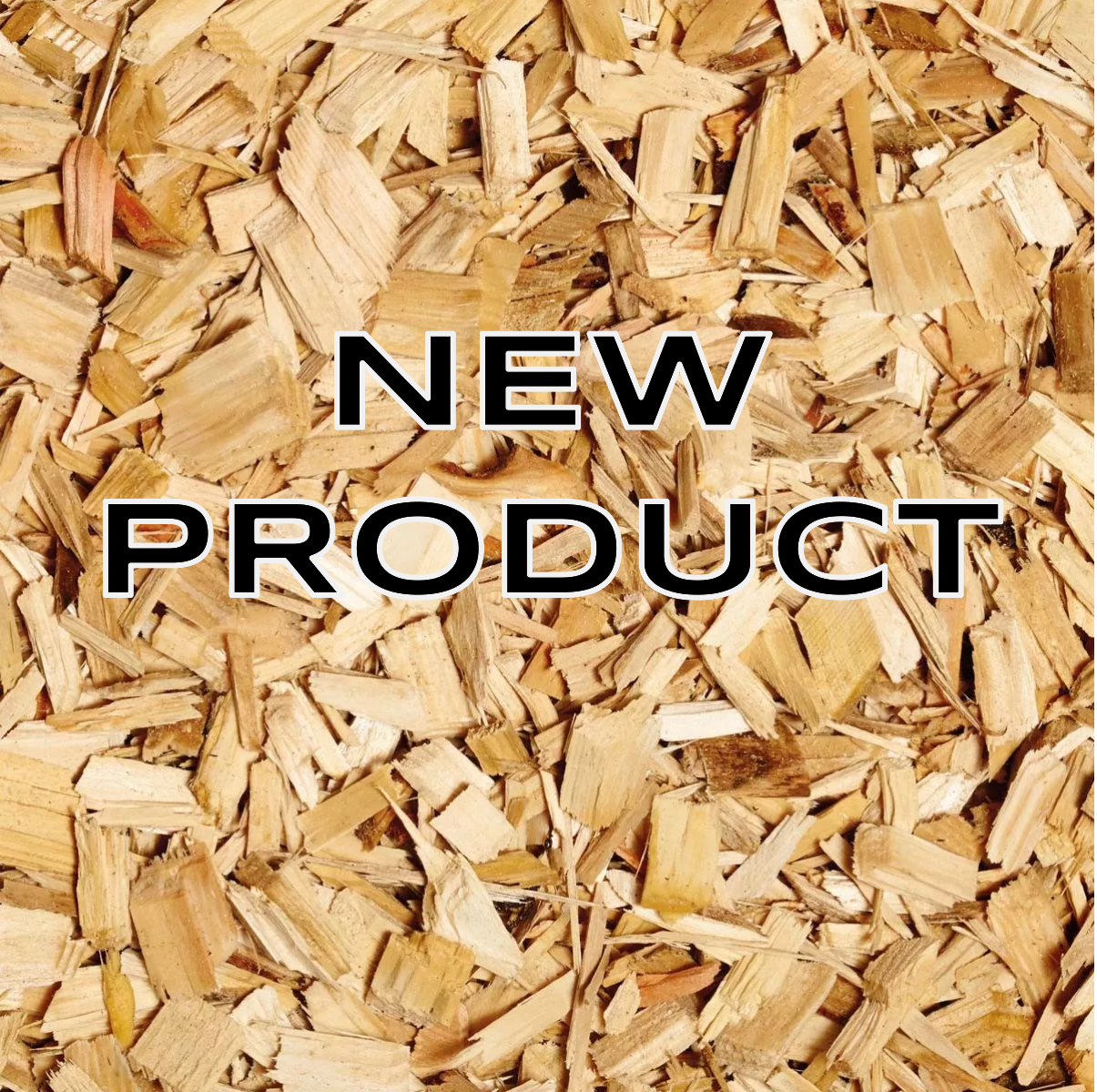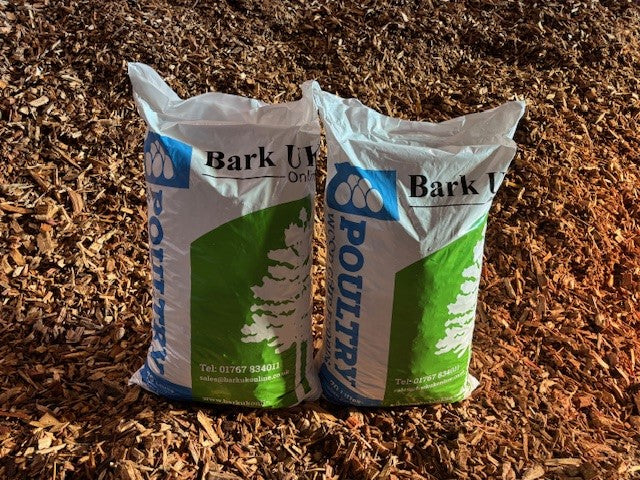Transform Your Garden with Peat Free Compost for Gardening Solutions
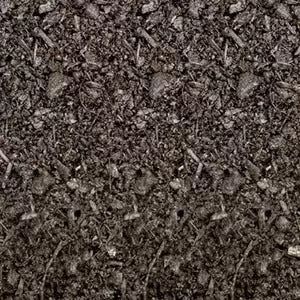
Creating a thriving garden that is both sustainable and beautiful is a goal many gardeners share. With increasing awareness of environmental issues, particularly those related to peat extraction, more and more people are seeking eco-friendly alternatives to traditional compost. Many garden centres, such as those supplied by brands like New Horizons, offer a variety of peat-free compost options both in-store and online. Additionally, peat-free compost can often be found at your local garden centre, though availability may vary. Peat-free compost has become the norm rather than the exception and we’re exploring your options here.
Why choose peat-free compost?

Opting for peat-free compost for gardening has many benefits. Peat has been the most popular choice for centuries due to its moisture and nutrient retention. However, the process of extracting peat from the earth is extremely damaging to the environment so other solutions are needed. Peatlands are vital ecosystems that store carbon, help regulate water systems and support diverse wildlife. When peat is harvested, these ecosystems are destroyed, releasing stored carbon into the atmosphere and contributing to climate change.
Switching to peat-free compost is a simple step towards more sustainable gardening. It helps protect the valuable peatland ecosystems, supports biodiversity and reduces the carbon footprint of your garden. Additionally, peat-free compost is versatile and suitable for most plants, making it an ideal choice for promoting healthy growth across various gardening applications.
UK legislation and using peat
In 2011, the government announced a target to phase out the use of peat in horticulture by 2030, with a voluntary target for amateur gardeners to stop using peat-based products by 2020. While progress has been slow, the government continues to encourage the industry to adopt peat-free alternatives.
To speed up the process, the government are also considering banning the sale of peat-based composts to amateur gardeners as other countries, such as Ireland, already have.
Organic vs. non-organic compost - what’s the difference?
Organic compost is a type of gardening product made from natural materials such as plant waste, animal manure, and other biodegradable matter that is free from synthetic chemicals. This type of compost enriches the soil with nutrients, improves soil structure and supports healthy plant growth without introducing harmful chemicals into your garden.
Non-organic compost, as the name suggests, is the opposite. It may contain synthetic fertilisers, pesticides and other chemicals which may be beneficial to plant growth but are damaging to the wider environment and usually soil health too. An organic compost ensures you are gardening in a way which is beneficial to the environment and in harmony with nature.
Peat-free compost solutions - a guide to your options
There is a wide range of peat-free multi purpose composts available for gardening, so you can find the right product for your garden.
1. Coconut coir
Coconut coir is a byproduct of the coconut industry, made from the fibrous husk of coconuts. It is an excellent peat-free alternative due to its moisture-retentive properties and neutral pH levels.
2. Composted green waste
Composted green waste is made from organic materials collected from garden and park maintenance, such as grass clippings, leaves, and pruned branches. This compost is rich in nutrients and helps improve soil structure. Many local councils offer green waste compost, which is often available for free or at a low cost.
3. Wood-based compost
Wood-based composts, such as those made from bark, sawdust or wood chips, are another peat-free option. These composts are rich in carbon and help improve the soil's texture and fertility. Wood-based composts are often used as mulch, but they can also be blended into the soil to enhance its organic content.
4. Leaf mould
Leaf mould is made from decomposed leaves and is an excellent addition to your soil. It is particularly beneficial for improving soil structure and moisture retention. Leaf mould is easy to make at home by collecting and composting fallen leaves, making it a cost-effective option.
5. Mushroom compost
Mushroom compost is a byproduct of mushroom farming and is made from materials such as straw, manure and gypsum. It is highly nutritious and beneficial for most garden plants, though it can be alkaline so may not suit every garden. Mushroom compost is a great option for improving soil fertility, particularly in vegetable gardens, allotments, and hanging baskets.
Switching to peat-free compost
Making the move over to peat-free compost is a positive step for both your garden and the environment. When choosing a peat-free compost, consider your garden’s specific needs and the type of plants you are growing. For example, coconut coir is ideal for seedlings and container plants, while wood-based composts are excellent for improving soil structure in flower beds. You can also get multipurpose compost with no peat content and use it for different tasks across your garden, including as potting compost. Peat-free compost is also suitable for seed sowing, providing essential nutrients and optimal conditions for plant growth.
Using organic peat-free compost is one of the best ways to cultivate a sustainable garden that thrives in harmony with the environment. Bark UK Online stocks a range of peat-free options so you can find the perfect product for your garden.
Frequently Asked Questions
- What is the best type of peat-free compost for my garden?
The best type of peat-free compost depends on your specific gardening needs. Options include coconut coir for moisture retention, composted green waste for nutrients, wood-based composts for improving soil structure, and John Innes compost mixes for promoting seed germination and enhancing nutrient retention. John Innes compost is also suitable for a wide range of gardening applications.
- Why should I avoid using peat in compost?
Peat extraction is harmful to the environment as it destroys peatland ecosystems, which store carbon and support diverse wildlife. Switching to peat-free compost helps protect these vital ecosystems and reduces carbon emissions.
- Can peat-free compost improve soil quality?
Yes, peat-free compost can improve soil quality by enhancing soil structure, increasing nutrient content, and supporting healthy plant growth. Different types of peat-free compost offer various benefits depending on your garden’s needs.
- How do I transition from peat-based compost to peat-free options?
To transition, gradually replace your peat-based compost with peat-free alternatives. Choose a type that suits your plants and garden conditions, and mix it into the soil as you would with traditional compost.
- Is peat-free compost suitable for container gardening?
Yes, peat-free compost is suitable for container gardening. Options like coconut coir are especially effective in containers due to their moisture-retentive properties and suitability for a wide range of plants.


